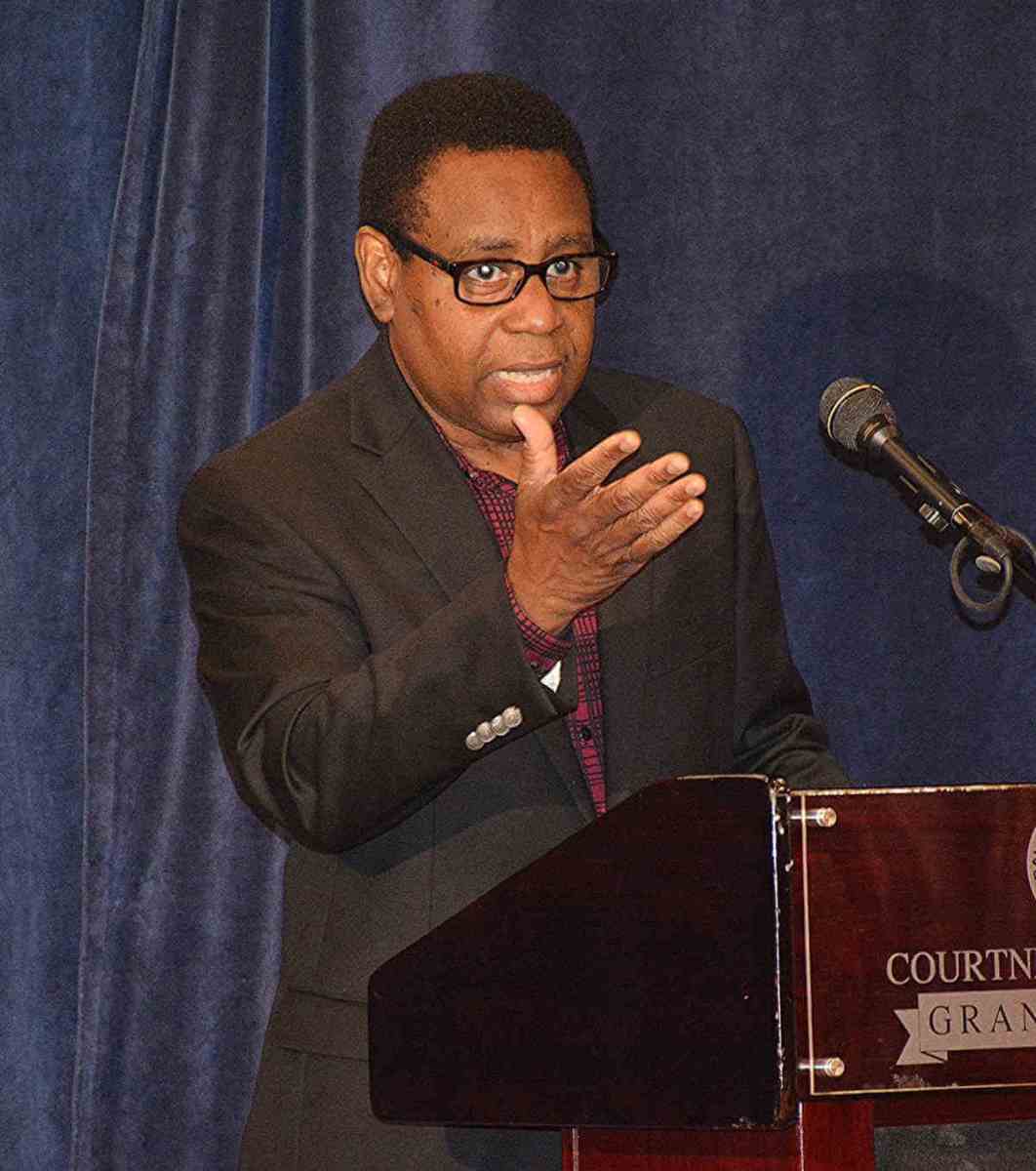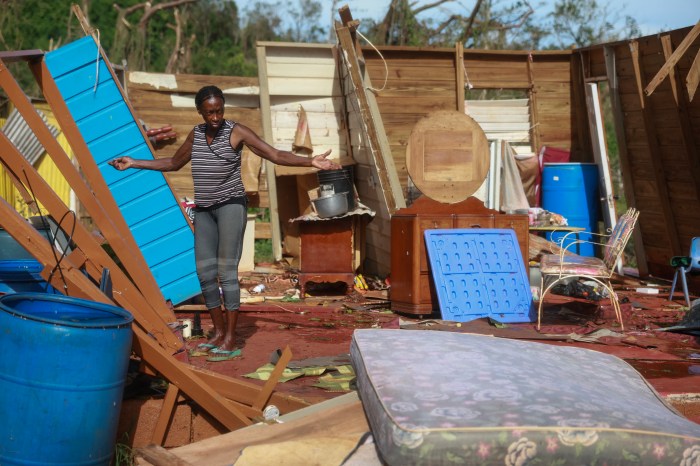In what could be best described as disappointing news for Caribbean New Yorkers and other members of that diaspora, the World Bank has continued its low ranking of regional territories as places to do business.
In the latest World Bank publication that ranks countries by the ease of doing business Jamaica holds the best placement for the 15-member group of CARICOM nations at number 75 in the world, and Haiti, with a placement of 182 stands at the lowest.
These territories have not fared much better in the past and this continues to be a source of bother to persons in the Caribbean diaspora who wish to invest in their places of birth but find establishment of a business foothold difficult.
According to the World Bank’s October 2018 release, titled, ‘Doing Business 2019’, the rankings are based on measurement in each country of “the processes for business incorporation, getting a building permit, obtaining an electricity connection, transferring property, getting access to credit, protecting minority investors, paying taxes, engaging in international trade, enforcing contracts and resolving insolvency.”
Doing Business 2019 looked at a total of 190 countries and placed New Zealand at the top of the ladder as the territory in which it is easiest to conduct business.
“A high ease of doing business ranking means the regulatory environment is more conducive to the starting and operation of a local firm,” the World Bank stated.
The CARICOM member countries that fall below Jamaica but above Haiti are, St. Lucia, at 93; Dominica, 103; Trinidad and Tobago, 105; Antigua and Barbuda, 112; The Bahamas, 118; Belize, 125; Barbados, 129; St. Vincent and the Grenadines, 130; Guyana, 134; St. Kitts and Nevis, 140; Grenada, 147; and Suriname, 165.
Though a CARICOM member, Montserrat is a British protectorate and does not appear in the rankings of sovereign nations.
The ranking of Barbados at 129 bears special urgency because that country is now introducing austerity measures as part of a restructuring programme for its economy, with the aim of making the island more attractive to local and foreign private investors.
In moves to restructure a floundering economy the island’s government had months ago entered into a status of Selective Default on repayment of all foreign loans, which makes it unable to borrow on the international market for some years.
That inability to borrow is among the reasons the administration is setting up the economic and business environment to make Barbados attractive for the private sector to inject funds through business ventures.
Just Wednesday Barbados Central Bank Governor, Cleviston Haynes described new private sector investment as, “critically important as we go forward”.
As he reported on the nine months performance of the island’s economy for 2018 and projected growth of only 0.25 percent to 0.75 percent for the year, he stressed the need for a private sector-led revival of the economy.
“It’s not the government that is going to drive economic activity as we go forward. Government has to create an enabling environment and to try to move the macro-economic indicators in the right direction.
“But what is really requires is for private sector investment to drive economic growth,” he said.
Barbados’ current World Bank ranking on the ease of doing business at 129 is an improvement on the 132 spot it had last year, but still way below the 116 position of 2016.
With the island’s renewed emphasis on private sector investment pitted against its poor showing as a place to do business, officials will be hard pressed to make life easier for investors.
That also applies to the rest of the Caribbean, even if the need for urgency might not be felt as strong as it is in Barbados.
























